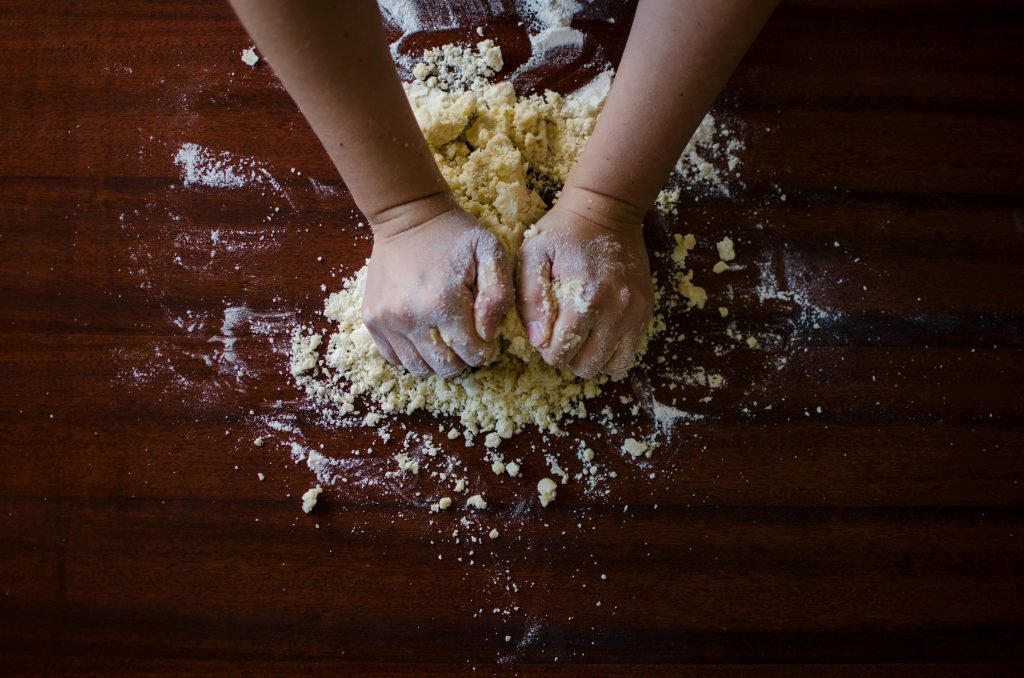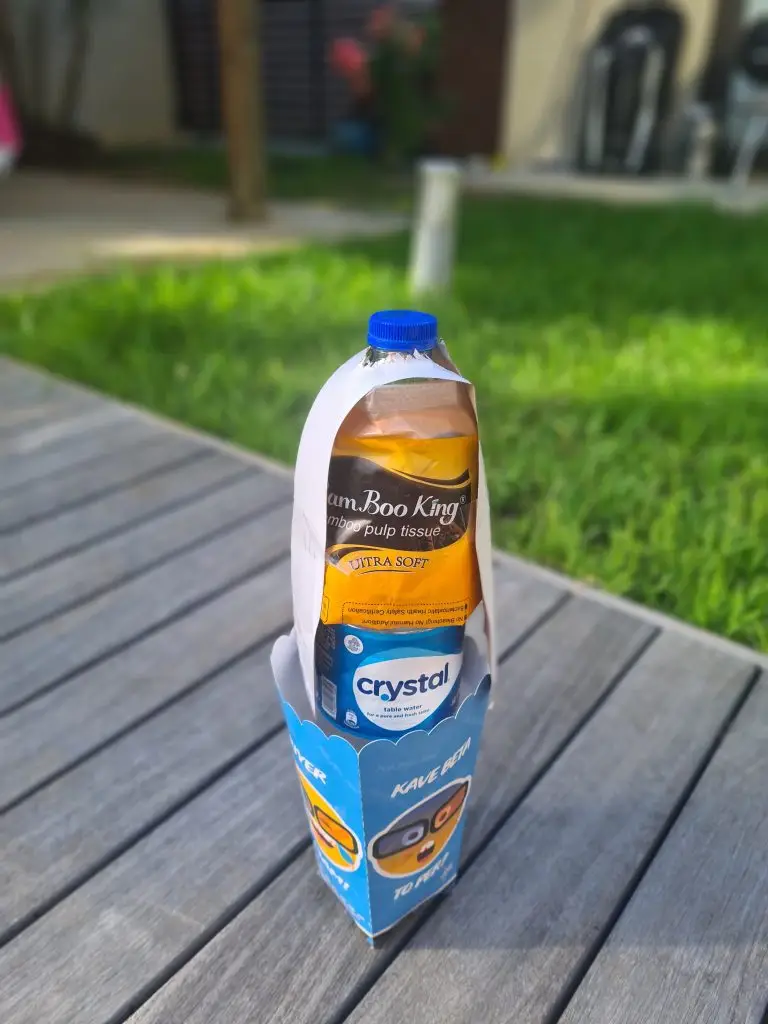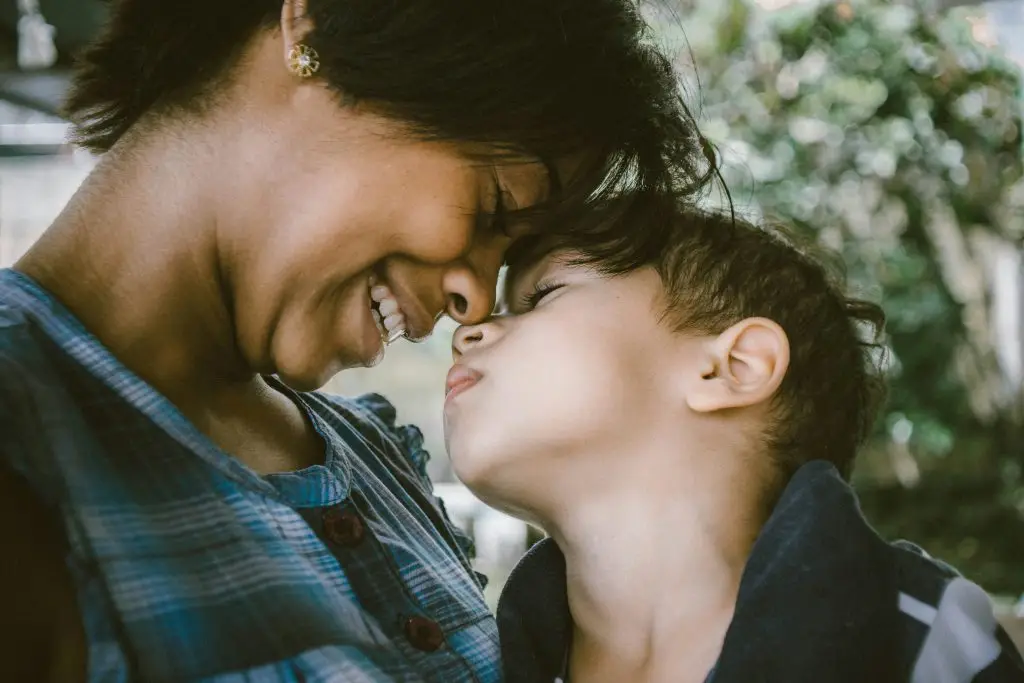Montessori toys DIY for Creativity – Spark Your Child’s Imagination
Playtime is more than just fun—it’s a crucial part of childhood development. Montessori toys offer a unique approach, focusing on creativity and exploration. In this article, we will give you some great ideas for homemade toys that’ll get your child’s imagination going and make learning super enjoyable!
Crafting with Cardboard: The Magic of Boxes
Transform ordinary cardboard boxes into extraordinary toys! Encourage your child to decorate and personalize their own cardboard dollhouse, complete with furniture made from recycled materials. Not only does this project stimulate creativity, but it also promotes sustainability and resourcefulness.

Sensory Exploration with Homemade Playdough

Make your playdough at home, it is so simple and quick! Mix flour, salt, water, and food coloring to create a soft, pliable dough that provides endless sensory exploration. Add scents like vanilla or lavender for an extra dimension of sensory delight. This DIY toy encourages fine motor skills and imaginative play.
Outdoor Adventures with Nature Scavenger Hunts
Take learning outdoors with a nature scavenger hunt! Create a checklist of items for your child to find, such as leaves, rocks, and flowers. Explore the local park or backyard together, engaging in hands-on learning about the natural world. This activity fosters curiosity, observation skills, and appreciation for nature.

Musical Magic with DIY Instruments
Turn household items like empty cans, rice-filled bottles, and rubber bands stretched over a shoebox into unique musical creations. Experiment with different sounds and rhythms, fostering creativity and a sense of musicality in your child.
Storytelling Adventures with Puppet Making

Inspire storytelling and imagination with DIY puppets! Use socks, felt, buttons, and googly eyes to create colorful characters for puppet shows. Encourage your child to invent stories and scenarios, promoting language development, creativity, and communication skills through dramatic play.
STEM Learning with Building Blocks
Build a foundation for STEM learning with homemade building blocks! Collect wooden or cardboard blocks of various shapes and sizes, then challenge your child to construct towers, bridges, and structures. This hands-on activity develops spatial awareness, problem-solving skills, and creativity in STEM concepts.
Creative Expression with Recycled Art Projects
Embrace sustainability and creativity with recycled art projects! Gather materials like cardboard tubes, bottle caps, and newspaper to create unique works of art. Encourage your child to use their imagination to transform everyday objects into masterpieces, fostering eco–consciousness and artistic expression.

To conclude, you have the power to transform ordinary materials into extraordinary learning opportunities. From cardboard dollhouses to nature scavenger hunts, these DIY toys inspire creativity, exploration, and joy in your child’s playtime. Enjoy the wonder of homemade toys and see how your child’s imagination soars.
FAQs (Frequently Asked Questions)
- What age range are Montessori toys suitable for? Montessori toys cater to a wide age range, from infants to school-aged children. The focus is on engaging, developmentally appropriate activities tailored to each child’s stage of growth and learning.
- Are Montessori toys expensive to make? Not at all! Many Montessori toys can be crafted from simple, inexpensive materials found around the home or sourced affordably from craft stores. The emphasis is on creativity and imagination rather than costly materials.
- How can I incorporate Montessori principles into everyday play? Infuse everyday activities with Montessori principles by prioritizing independence, choice, and hands-on exploration. Encourage your child to participate in cooking, gardening, and household chores, fostering a sense of responsibility and autonomy.
- What are some DIY Montessori toy ideas for outdoor play? Take the learning outdoors with DIY Montessori toys tailored for outdoor exploration. Create nature-inspired sensory bins, outdoor obstacle courses, or gardening projects to foster a love of nature and outdoor play.
- How do Montessori toys promote holistic development? Montessori toys support holistic development by engaging children in multi-sensory exploration, fostering independence and self-regulation, and promoting a love of learning through hands-on experiences.
- Can Montessori toys be adapted for children with special needs? Absolutely! Montessori principles emphasize individualized learning and adaptation, making them ideal for children with special needs. Tailor activities to suit your child’s abilities and interests, fostering a supportive and inclusive learning environment.


